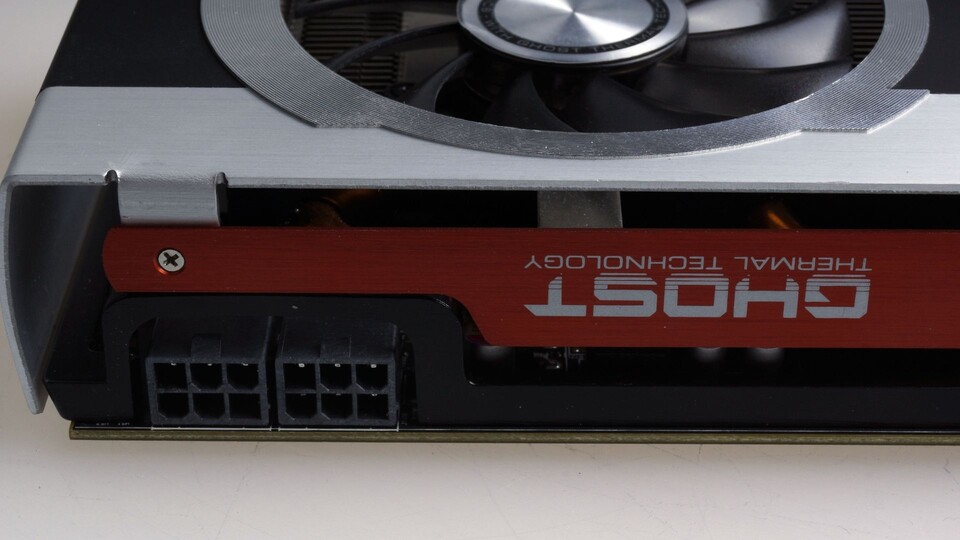Lautstärke, Stromverbrauch und Temperatur

Bei der Lautstärke nehmen sich die Radeon-Grafikkarten im Test nicht viel, egal ob die XFX Radeon HD 7850 Dual Fan Black Edition, die Powercolor Radeon HD 7850 PCS+ oder XFX Radeon HD 7870 Double Dissipation. Alle drehen unter Windows unhörbar mit maximal 0,3 Sone und unter Last ebenfalls beinahe geräuschlos mit 1,1 beziehungsweise im Fall der XFX Radeon HD 7870 mit 1,3 Sone.
Unser Testsystem verbraucht zusammen mit der XFX Radeon HD 7850 Dual Fan Black Edition maximal 243 Watt unter Last und 97 Watt im normalen Windows-Betrieb. Mit der geringfügig langsameren Powercolor Radeon HD 7850 PCS+ sinkt der Verbrauch marginal, während das System mit der Geforce GTX 660 als langsamste der drei Karten unter Last bis zu 251 Watt zieht.
Mit der XFX Radeon HD 7870 Double Dissipation verlangt der Rechner dem Netzteil zwar bis zu 263 Watt ab, allerdings leistet die Grafikkarte auch ein gutes Stück mehr als die anderen. Bei der Temperatur siegt dann wieder deutlich die Geforce-Karte, denn diese wird im Test unter Last maximal 57 Grad Celsius warm, während sich die Radeon-Karten alle auf über 70 Grad Celsius aufheizen - das sind freilich trotzdem keine gefährlichen oder ungewöhnlich hohen Temperaturen.
Lautstärke
in Sone
- Volllast
- Leerlauf
- 0,0
- 1,4
- 2,8
- 4,2
- 5,6
- 7,0







Nur angemeldete Benutzer können kommentieren und bewerten.
Dein Kommentar wurde nicht gespeichert. Dies kann folgende Ursachen haben:
1. Der Kommentar ist länger als 4000 Zeichen.
2. Du hast versucht, einen Kommentar innerhalb der 10-Sekunden-Schreibsperre zu senden.
3. Dein Kommentar wurde als Spam identifiziert. Bitte beachte unsere Richtlinien zum Erstellen von Kommentaren.
4. Du verfügst nicht über die nötigen Schreibrechte bzw. wurdest gebannt.
Bei Fragen oder Problemen nutze bitte das Kontakt-Formular.
Nur angemeldete Benutzer können kommentieren und bewerten.
Nur angemeldete Plus-Mitglieder können Plus-Inhalte kommentieren und bewerten.